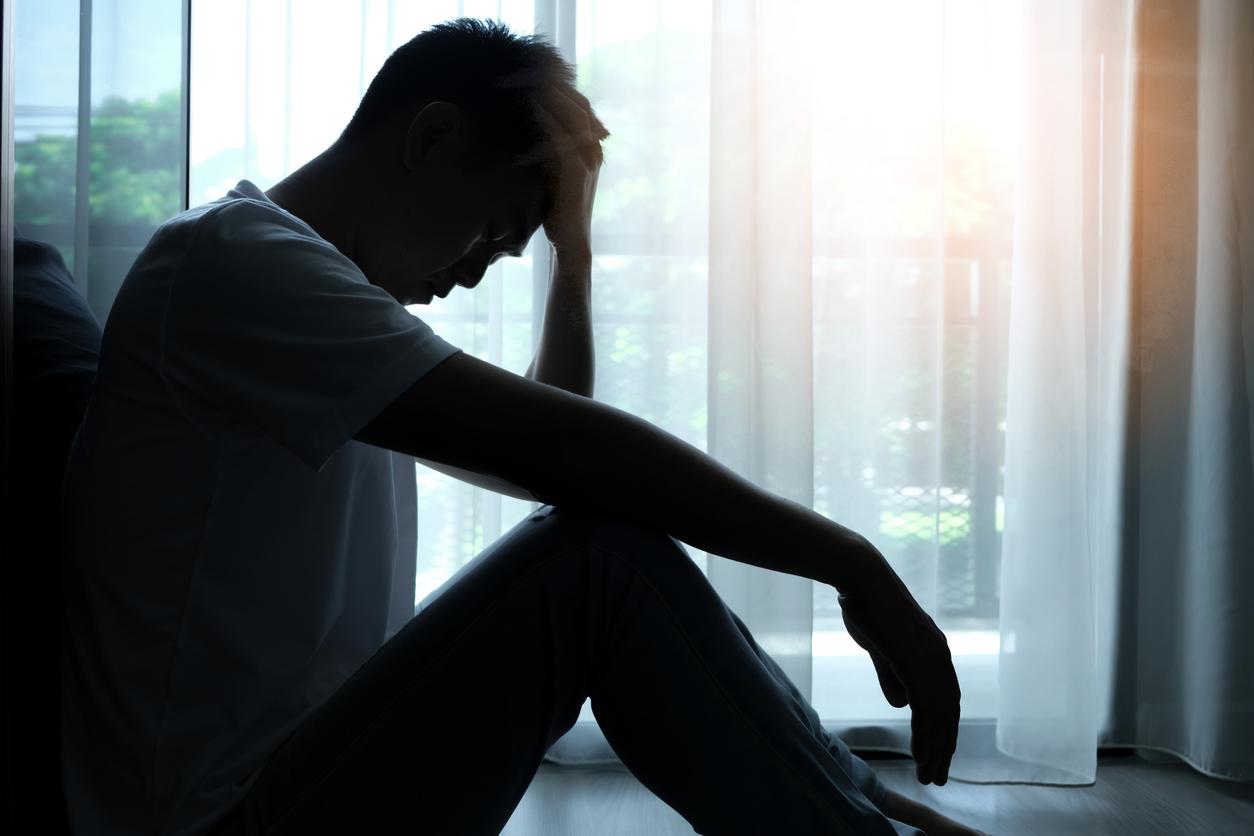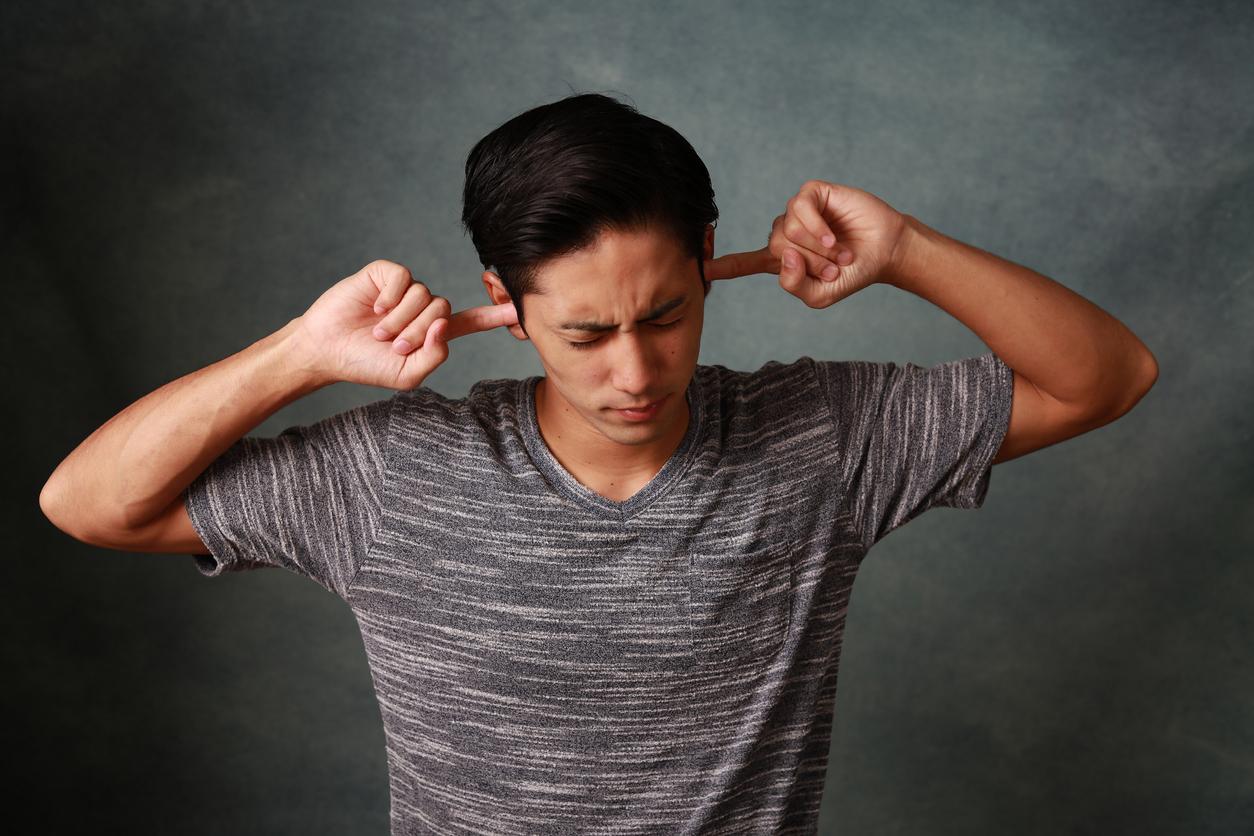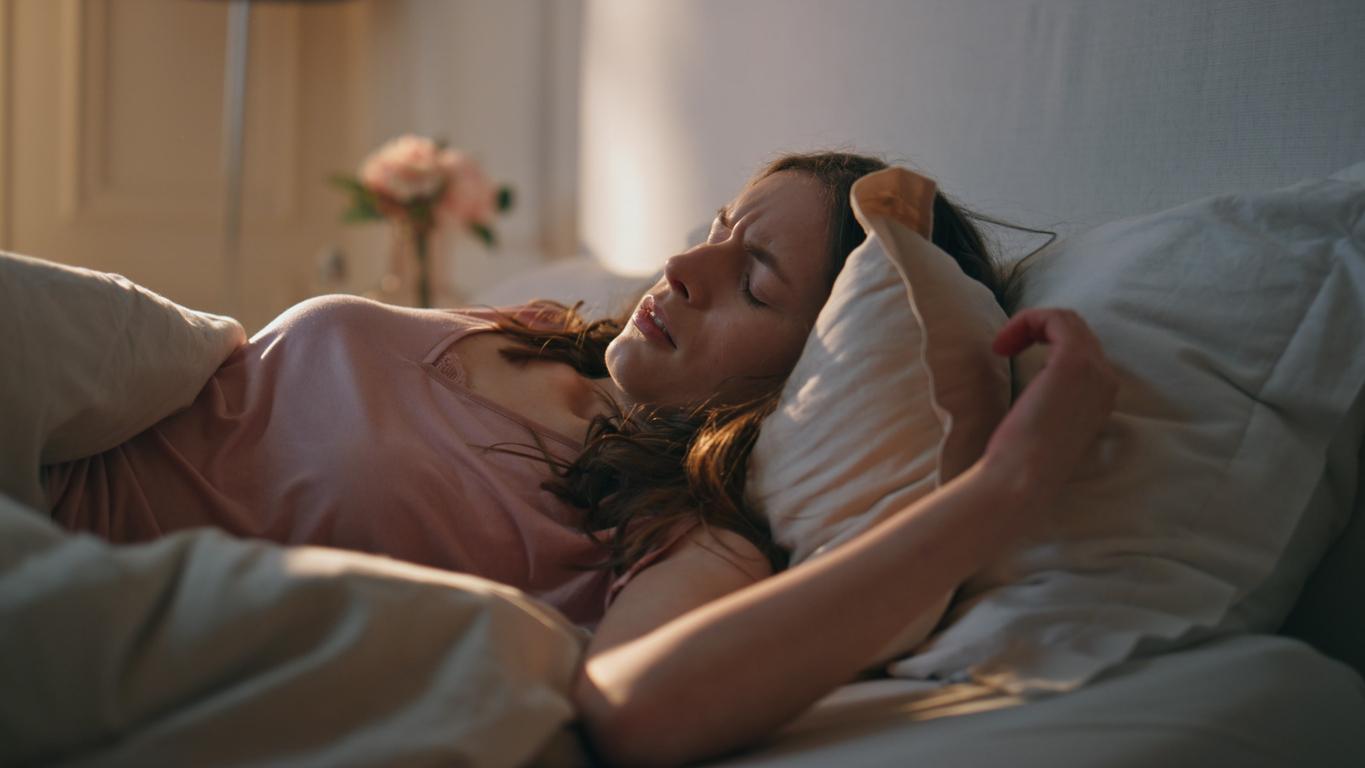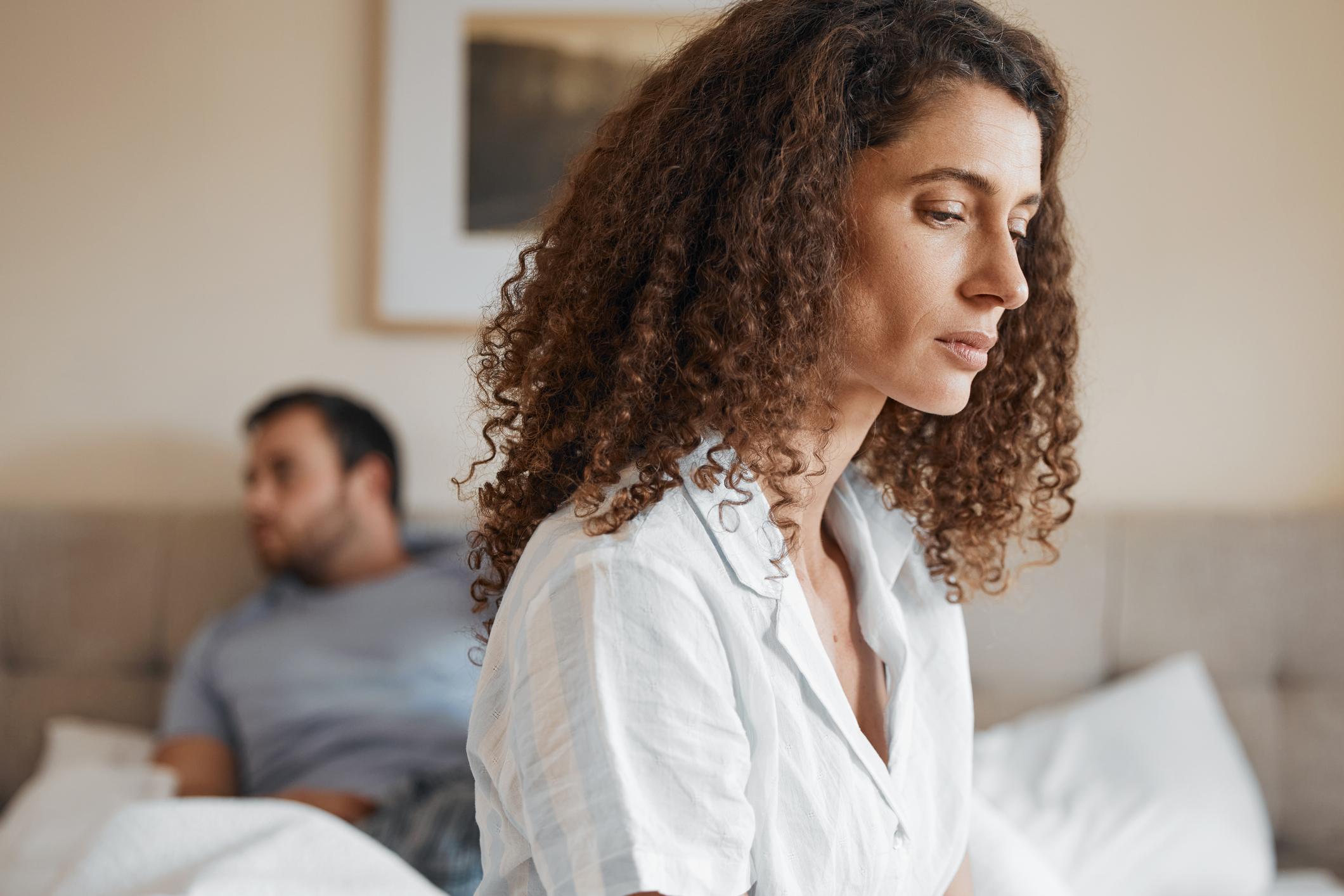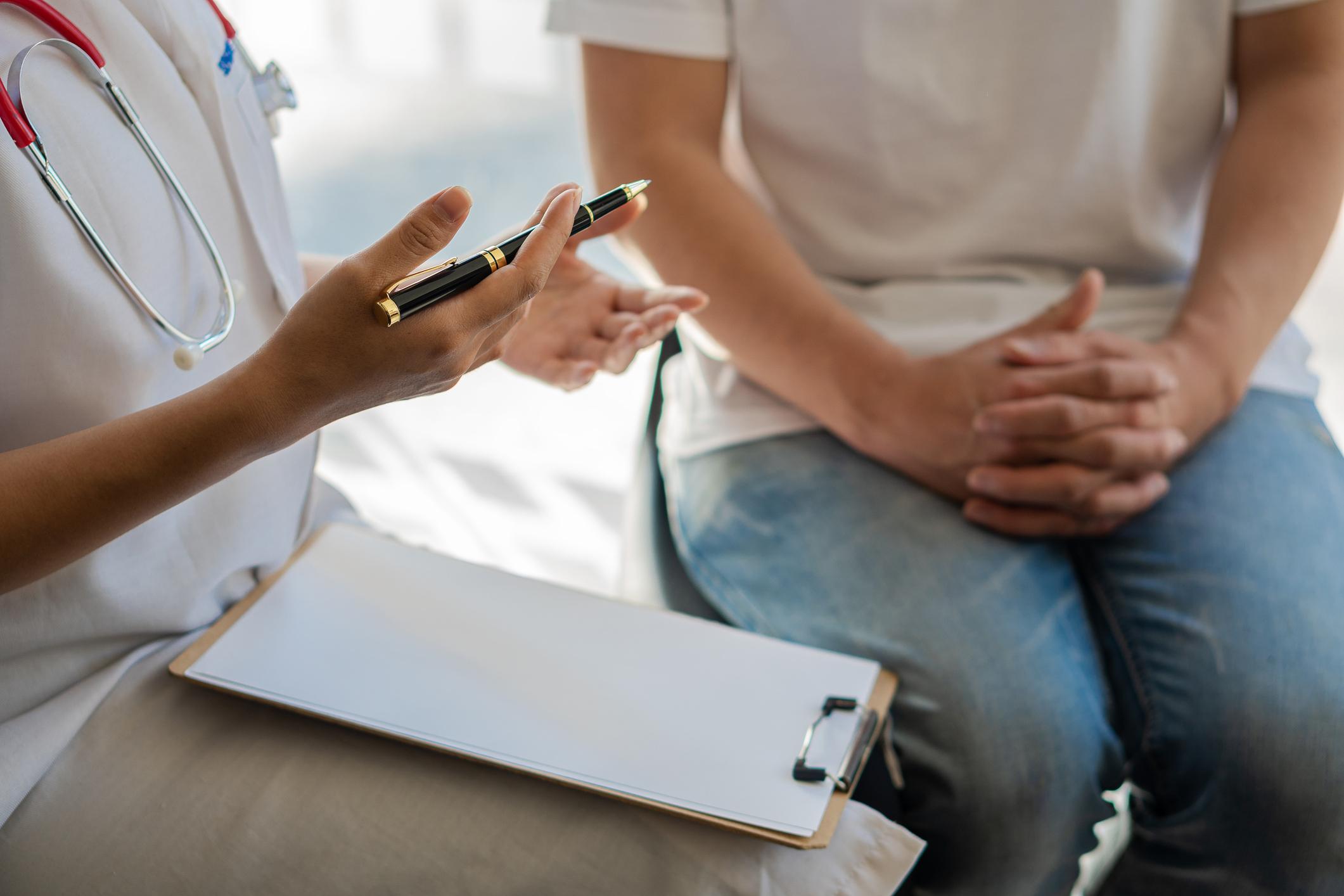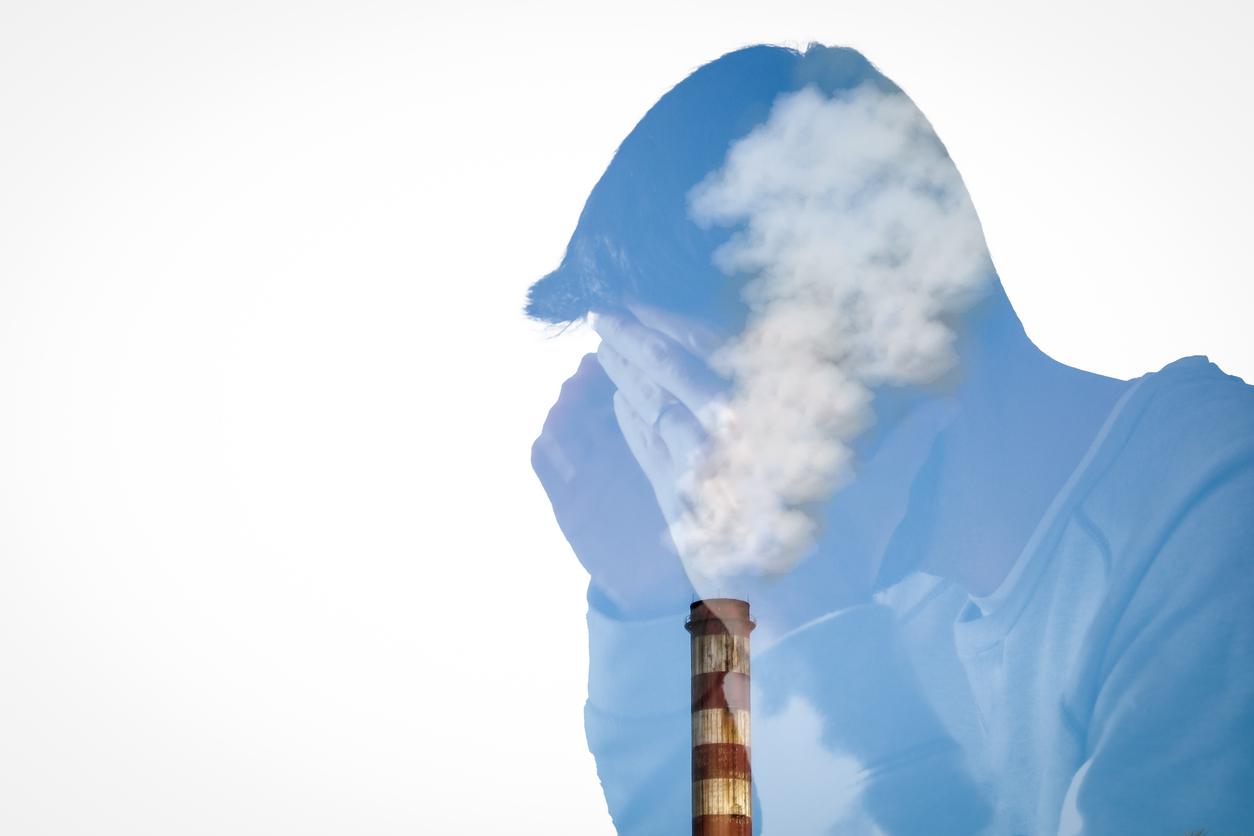While some people jump out of bed at dawn, waking up is synonymous with torture for others. Don’t panic, there is nothing you can do about it, because it should be … to your genes. Indeed, research published in the journal Nature Communications this Tuesday, January 29, there are more than 350 genes involved in our biological clock. “Our study confirms that being in the morning or in the evening is, at least in part, determined by genetic factors”, affirms to AFP taken over by Europe 1 Michael Weedon, professor at the University of Exeter (UK) and co-author of the report.
Over 300 new genes involved
While 24 genes were currently known to influence whether you are an early riser or a heavy sleeper, genetic scanning of nearly 700,000 people has identified 327 new genes involved. For this, the genes of people declaring themselves “in the morning” or “in the evening” were compared. The researchers also looked at data from 85,000 participants at the UK Biobank whose sleep patterns had been recorded.
And if these 327 genes involved in our biological clock would influence the time of natural awakening, they would have no effect on the quality or duration of sleep.
Genetic predisposition and environment
On the other hand, certain genetic variants present in night owls are said to increase the chances of presenting mental health problems. “For example, it could be that evening people are forced to get up early, which pulls them out of their natural rhythms because of work, children or some other environmental influence in their lives.”, Explain To ABC Ian Hickie, Brain and Mind Center, University of Sydney (Australia).
“This combination of genetic predisposition and environmental factors could be the cause of more symptoms of depression”, he continues. But the researchers insist that more research is needed on this point.
Well-being and getting up at dawn
On the contrary, British scientists were also able to establish that waking up early was associated with a lower risk of suffering from depression and schizophrenia, as well as greater well-being. Professor Ian Hickie ultimately states that while it is not possible to become a “morning person”, night owls can take steps to regulate their daily cycle. This could help reduce their risk of developing mental illness. Food, exposure to artificial light, our jobs and our activities also affect our internal clocks.
Read also :
- Rocking is not just for children
- The ideal sleep time? Neither too much nor too little!







